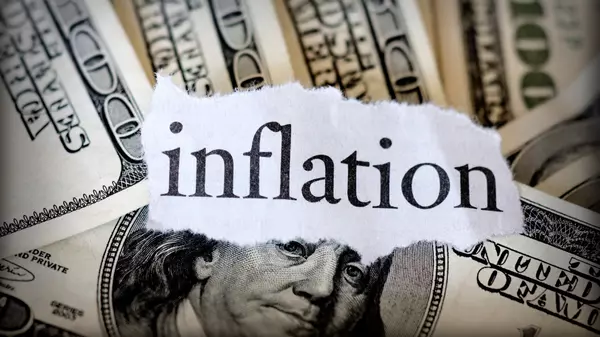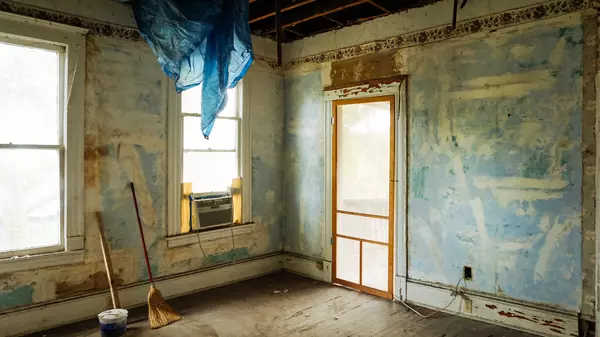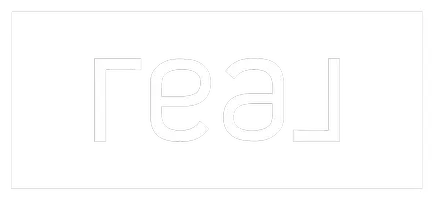Understanding Eminent Domain: What It Is and How to Protect Your Property

Eminent domain can be a confusing and intimidating topic, especially if you or someone you know has been affected by it. Whether you're a homeowner or simply want to understand more about your rights, this guide will walk you through the origins of eminent domain, what it means for property owners, and how to fight back if your home is at risk.
What Is Eminent Domain?
Eminent domain is the power of the government (or authorized private entities, such as utility companies) to seize private property for public use, often with compensation. Common examples of public use projects include building highways, schools, or expanding public infrastructure. While the government is legally required to compensate property owners fairly, the process often leaves many feeling undervalued or displaced.
The Origins of Eminent Domain
The concept of eminent domain dates back centuries, with its roots in English common law. It was later adopted in the United States under the Fifth Amendment to the Constitution, which states that private property cannot be taken for public use without “just compensation.” While its original intent was to support projects that benefit society as a whole, the scope of eminent domain has expanded, sometimes leading to controversial cases where private land is seized for economic development rather than strictly public purposes.
Fighting Back Against Eminent Domain
If you’ve been notified that your home is at risk due to eminent domain, don’t panic—there are steps you can take to protect your property:
-
Understand the Proposal: Review the details of the government or private entity’s plan. Is the project truly for public use? This is a key factor in determining if the claim is valid.
-
Challenge the Offer: Often, the compensation offered does not reflect the true market value of your property. You have the right to negotiate or contest the amount. Hiring an independent appraiser can help strengthen your case.
-
Consult a Lawyer: Eminent domain laws vary by state, and an experienced real estate or eminent domain attorney can guide you through the process. They may help you argue that the taking is unnecessary, excessive, or not for a legitimate public purpose.
-
Join Forces with Others: If your neighborhood or community is being targeted, band together. A collective effort often brings greater visibility to your case and can put additional pressure on the decision-makers.
What to Do If Your Home Is at Risk
The first and most important step is to seek professional guidance. Eminent domain cases are complex, and having an experienced advocate on your side can make all the difference. As a local real estate expert, I’ve worked with many property owners to help protect their homes and ensure they receive fair treatment.
If you believe your property is at risk or want to learn more about your rights, don’t hesitate to reach out to me. Together, we can evaluate your options and create a plan to safeguard your most valuable investment—your home.
Let’s Protect Your Property Together
If you’re facing the threat of eminent domain or want to understand your rights as a property owner, contact me today. I’m here to help you navigate the process, fight for fair compensation, and ensure your voice is heard.
📞 562-561-1242
📧 team@sellingsouthlacounty.com
🌐 sellingsouthlacounty.com
Your home is more than just a building—it’s your sanctuary, your investment, and your legacy. Let’s work together to protect it.
Categories
Recent Posts










GET MORE INFORMATION


